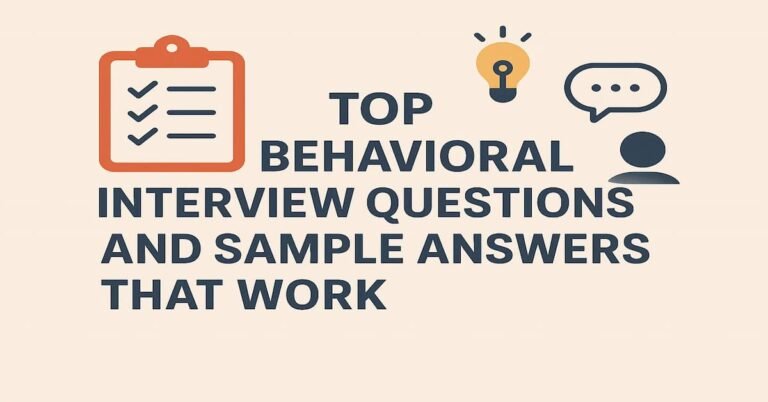In the evolving tech ecosystem of 2025, Data Science Internship Skills are no longer just about knowing a few tools or programming languages. Hiring managers are looking for well-rounded candidates—those who can analyze data, draw meaningful insights, communicate clearly, and work in diverse, remote or hybrid teams.
Whether you’re a student eyeing your first internship or a professional pivoting into data science, this Data Science Internship Skills Checklist for 2025 will help you know exactly what recruiters expect—and how to prepare effectively.
Why Skills Matter More Than Ever in 2025
With increased automation and AI adoption across sectors, data science has become a core strategic function in businesses. As internships evolve into full-time pipelines, companies are seeking candidates who are not just coders, but analytical thinkers and communicators.
This means your technical foundation must be strong, but your ability to collaborate, solve real-world problems, and explain your work is what truly sets you apart.
🔧 Technical Skills for Data Science Internships in 2025
✅ 1. Python – The Essential Data Science Language
Why it matters: Python remains the top language for data analysis and machine learning.
What to know:
- Data manipulation using Pandas and NumPy
- Data visualization with Matplotlib and Seaborn
- API integration (requests, JSON handling)
- Using Jupyter Notebooks for documentation
- Writing clean, modular, well-commented code
Bonus: Learn
streamlitto quickly build interactive dashboards for your projects.
✅ 2. SQL – Still a Non-Negotiable
Why it matters: Data is often stored in relational databases. Every analyst or scientist must know how to extract it.
What to know:
- SELECT, JOINs, GROUP BY, ORDER BY
- Window functions (RANK, ROW_NUMBER)
- Writing optimized queries
- Querying large datasets in tools like BigQuery or PostgreSQL
✅ 3. Machine Learning – Not Just Models, But Concepts
Why it matters: Even entry-level roles want you to understand core ML.
What to know:
- Supervised vs. Unsupervised Learning
- Linear regression, logistic regression, decision trees
- Cross-validation, bias-variance trade-off
- Evaluation metrics: Accuracy, Precision, Recall, ROC-AUC
- Scikit-learn pipelines
Pro Tip: You don’t need to be a deep learning expert—but understand how models work and when to use them.
✅ 4. Data Visualization & Communication
Why it matters: If you can’t explain it, it doesn’t matter.
What to know:
- Dashboards in Power BI or Tableau
- Storytelling with visualizations
- Annotated graphs and executive summaries
- Communicating trade-offs in modeling
✅ 5. Git & Version Control
Why it matters: Interns are expected to collaborate in real teams.
What to know:
- Cloning and pushing code to GitHub
- Branching and pull requests
- Writing good commit messages
- Using Git with Jupyter Notebooks
💼 Soft Skills That Hiring Managers Want in 2025
💬 1. Communication
Data science interns must explain technical concepts to non-technical managers. Clear communication is critical—via Slack, email, presentations, or async updates.
👥 2. Collaboration
Most internships are now remote or hybrid. You’ll be expected to work with teams across geographies, manage tasks on platforms like Jira or Trello, and update progress regularly.
🤝 3. Initiative
Recruiters love interns who take initiative. Ask for extra tasks, volunteer for mini-projects, suggest solutions during meetings. This behavior is often what earns a pre-placement offer (PPO).
🧠 4. Critical Thinking
Data science isn’t just number crunching. You must think in terms of business impact, validate assumptions, and question inconsistent patterns in data.
🕒 5. Time Management
In virtual setups, you’ll often manage your own schedule. Delivering on time, juggling multiple tasks, and documenting properly are highly valued.
📂 Bonus: Tools You Should Be Comfortable With
- Google Colab / Jupyter Notebook – For building and sharing code
- Notion / Confluence – Documenting learnings and workflows
- Slack / Microsoft Teams – Communication
- Kaggle / GitHub – Project hosting, version control
- Google Sheets / Excel – Quick data operations
Pro Tip: Try completing at least 1–2 end-to-end data projects before applying. Document them, publish on GitHub or Medium, and include links in your resume.
Final Thoughts
The Data Science Internship Skills for 2025 are more holistic than ever. It’s no longer just about coding or model-building. It’s about being technically sharp, business-aware, and team-ready.
If you develop the right combination of Python, SQL, ML, and soft skills, you won’t just land an internship—you’ll thrive in it, and likely walk away with a full-time offer.


